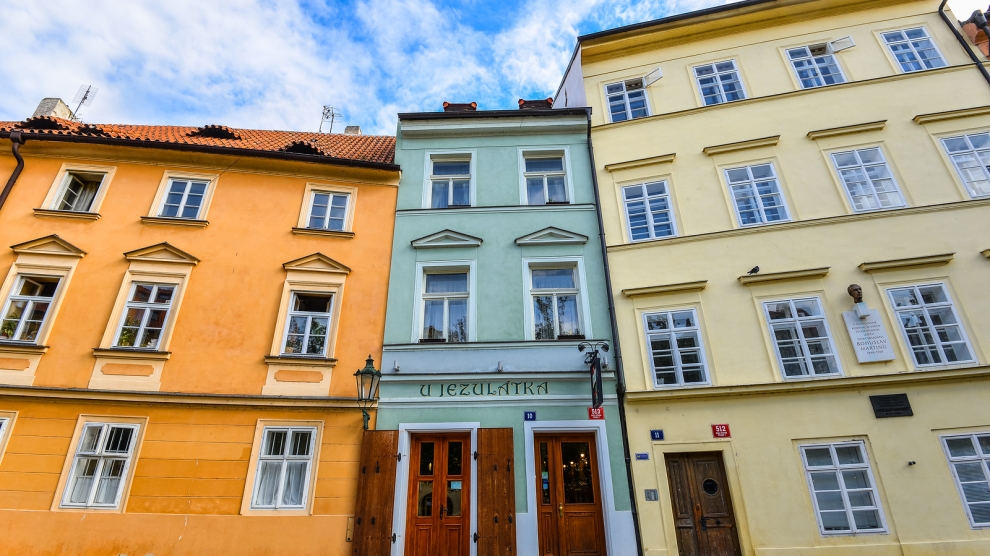The Czech National Bank (CNB) announced on June 12 that it would would introduce strict new rules to cap mortgage loans at nine times borrowers’ salaries in an effort to prevent soaring property prices destabilising the economy.
The new rules, which will take effect from October, will also also cover existing debt, with borrowers’ overall debt payments being limited to 45 per cent of their net income. While the central bank’s restrictions are not legally binding, they are generally followed by the banks.
“We are mainly interested in what will happen to loan servicing when the good times end,” said CNB Governor Jiří Rusnok. “Although this may not happen soon, it will happen one day. As soon as interest rates or unemployment start to rise, a large subset of households could run into loan service problems, which in turn would negatively affect the condition of banks.”
The CNB said that residential property prices were 14 per cent over-valued in 2017, and that prices have continued to rise. According to Deloitte’s Real Index, apartment prices in Prague are far higher than in the rest of emerging Europe. They rose 8.1 per cent year-on-year in the first quarter to 2,948 euros per sq m, more than average double prices in the Hungarian capital Budapest.
Czech inflation – which does not include property prices – came in slightly above the CNB’s forecast in May at 2.2 per cent. This deviation was due mainly to higher-than-forecast annual growth in fuel and food prices.






Add Comment